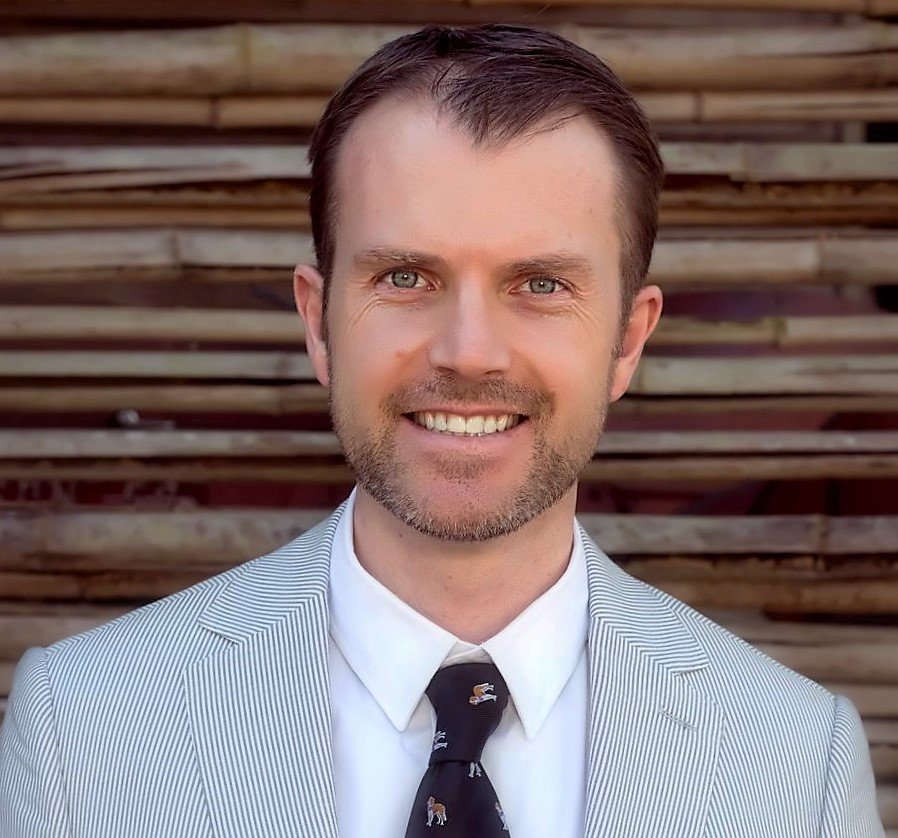What’s different, and I didn’t realize this even though my father had been in treatment and I knew others I envisioned a jail-like atmosphere of we’d be locked up. Going back to our founder’s mission our first executive director back in 1967 had been working with alcoholics. Back then you were just as likely to be locked up in jail for a week or go to hospital for a week or two and nothing more than that. But he believed that what an alcoholic needed more than anything was love. Valley Hope was founded on the mission of helping those suffering from addictions and alcoholism. The way we treat it is with respect and love. So if you would envision checking into a hotel our grounds are not fenced in, you’re not locked in. We believe that responsibility is to be taught as well. I remember coming to treatment, they told me the most important thing I could bring was my alarm clock.
That’s because you’re not going to be catered to, nobody’s going to come around and wake you up. You’re expected to get yourself up and that illustrates just a part of the recovery. Then we’re very conscious and adamant about the patient [inaudible 00:09:10] south and the therapeutic effect of one alcoholic helping another. This milieu that we constantly are creating with the patient group we feel is as important to someone’s recovery as the actual counseling and education process. At Valley Hope, it’s a very loving atmosphere and caring atmosphere. To tell you just something that probably touches my heart more than anything is our graduation ceremonies. We call them a cup hanging if you think 50 years ago there wasn’t too much paper cups or styrofoam that was just coming about. You were given a porcelain cup when you checked in, a white porcelain cup.
As many traditions have an innocent beginning people started painting on their cups and they might paint or write the names of their kids or a Bible verse and that. Our graduation ceremonies now, the cup that you’re given when you check in has become a symbol for your recovery and we ask that you hang that on a hook in the lecture room and then come back and pick that up when you’ve completed a year of being in recovery. They’re very touching, these graduation ceremonies. What always brings a tear to my eye is, of course, the counselors and chaplains and other staff are there but you’ll also see the maintenance people and the cooks and the people that worked in the kitchen are there as well because everybody feels part of the process. The people in the kitchen take great pride in helping you regain your health.
Neil Howe: Right. It’s a personal journey definitely and takes a whole team to get somebody to the stage of being able to have recovered and not to relapse and to get educated like you said. But it’s not really a specific kind of person that needs help, which might be one of the misconceptions about drug rehab. I’m looking at Google here, they’ve got drug rehab for teens, drug rehab for couples, drug rehab for families, for single mothers, for vets. It seems like it’s not just a certain kind of person that it affects, it really affects everybody does it?
Pat George: It really does. One of those is maybe an eye opener for somebody that hasn’t been to one of our facilities. It’s actually heartwarming because we treat all walks of life. You might come into one of our treatment facilities and you’ll have maybe some members of the local motorcycle gang and also doctors and attorneys and housewives and mothers and radio disk jockeys and people from the political world and everything else in between. What they share is this battle with addiction and it’s a chronic disease just like cancer, diabetes. It knows no boundaries. The good thing is that there is help and recovery is available. I might just give a shoutout for those listening that if you go to Valleyhope.org all kinds of information on how to get help, as you’ve mentioned Neil, you Google and there’s just a lot of resources. One of our big efforts nationally is to take the stigma out of it.
If all of a sudden I had some spots on my skin and one of my friends said, “Maybe you ought to get that checked. You might have skin cancer,” well I wouldn’t hesitate. I’d be calling up and getting into the doctors as soon as possible. If one of my friends at APAC, “We think you might be drinking too much.” You’d probably say, “Well mind your own business. What are you talking about?” We’re trying to reduce that stigma because the sooner we can help somebody the better the result. It doesn’t matter what the health issue. When you see the results, Neil, I was doing some calculating last night. I know this is a business show so many of the listeners out there manage your own or run businesses. But the costs are staggering what the cost to not just the family or the individual but to businesses and to society as a whole.


